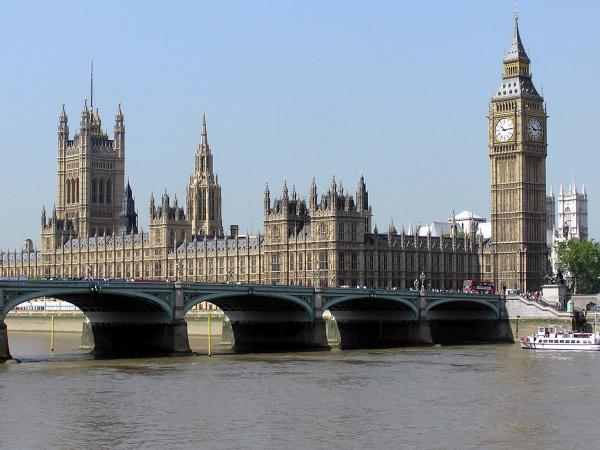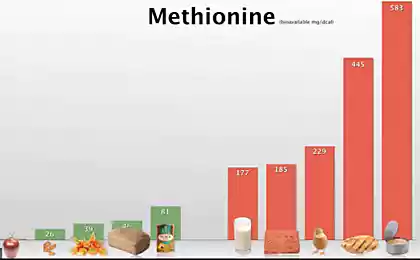814
British Parliament explained why you should not try to block Tor

Earlier this year, British Prime Minister David Cameron spoke against the possibility of Internet users to encrypt their traffic, thus avoiding government surveillance. In connection with this issue the parliamentary office for Science and Technology (Parliamentary Office of Science and Technology, POST) produced a подробный Report . The document clearly explains Service politicians what Tor, and what will have to face if it is decided to block it.
The report explicitly says that blocking Tor technically very difficult to perform. Even in China, with its canonical "Great firewall» Tor continues to work through a system of so-called "Bridges" created specifically to circumvent the locks. And although in the past, some attempts at intelligence agencies to track down users of the network to be successful, it often was due to user error, not because of problems with the anonymity in the network itself.
In addition, the report says, is why the ban Tor does not make sense politically. For example, the problem ped * Filov struggle which is now at the peak of popularity for the governments of different countries, in Tor преувеличена - according to the report, these sites make up less than 2% of all resources "dark web". This may be due to the fact that Tor is not designed to transmit large amounts of information.
Casual in the report also mentioned the network i2p (hidden network resources without access to the usual Internet) and FreeNet (anonymous distributed network sharing and storage information). But these networks are much less popular, and therefore their influence is not even considered at the highest level.
Unfortunately, POST - this is not an influential structure, and its report can only be considered as a factor in the final decision. Will the Cameron to change his attitude towards encryption - it's still a big question.
Source: geektimes.ru/post/247022/























